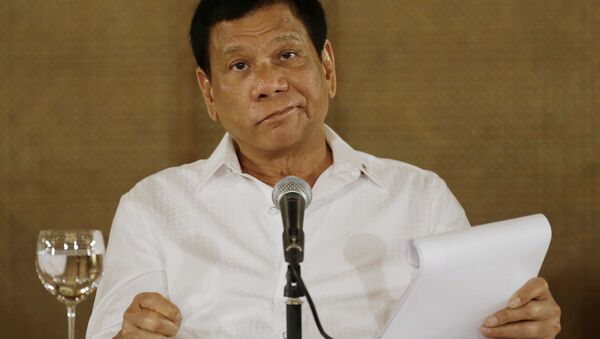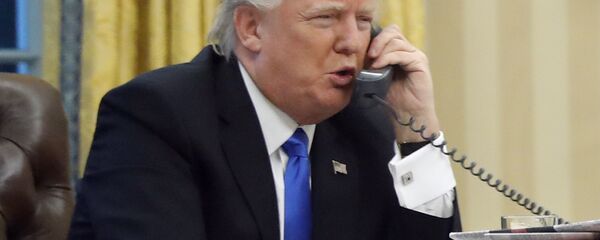Activists in the Philippines, including members of BAYAN (the New Patriotic Alliance), are staging protest actions during the first meeting of ASEAN in Manila this year, claiming that the purpose of the summit is to expand the role of the South East Asian region as an investment and production hub for large corporations in the US, China, Japan, South Korea and the EU.
"Unfortunately, while [Duterte] had some rhetoric earlier… around economic sovereignty and not bowing down to foreign dictates, particularly US dictates, his economic thrusts have continued on with the neoliberal economic paradigm, and that's what this ASEAN summit and his position in ASEAN represent," Bernadette Ellorin, BAYAN chairwoman, told Radio Sputnik's Brian Becker.
"And it's going to equate to economic despair for a majority of the people in the region, especially in the Philippines."
She pointed out, however, that media coverage of the situation in the country and of Duterte's policies has been extremely unbalanced.
"I think we also have to examine the role of the media and the particular narrative that the media is crafting in terms of what's happening in the Philippines right now," she stressed.
Ellorin noted that while there has been a lot of condemnation of Duterte's brutal crackdown on illegal drugs, which has led to warnings by rights groups about possible crimes against humanity, the Philippine peace process hasn't been properly covered.
"The peace process also shows aspects of the Duterte administration that we view as non-adversarial, as pro-people. Particularly, openness and recognition of the dual state power situation in the Philippines… that none of the previous administrations in the Philippines had recognized," Ellorin emphasized.
"While this ASEAN summit will push neo-liberal economic policies that will aggravate and worsen poverty not only in the Philippines but throughout the ASEAN region, which is largely agricultural, the Duterte administration is in negotiations right now… to implement its promise of free distribution of land to farmers in the Philippines, and so there's a lot of contradictions here."
"The mainstream media delivers a narrative that's dangerous, that conditions largely American audiences to see every situation in black and white, to see the world as a world of heroes and villains when that is not the objective truth on the ground. And for us to digest that narrative is dangerous because it drums up the justification for more intervention on poor countries like the Philippines," Ellorin concluded.




